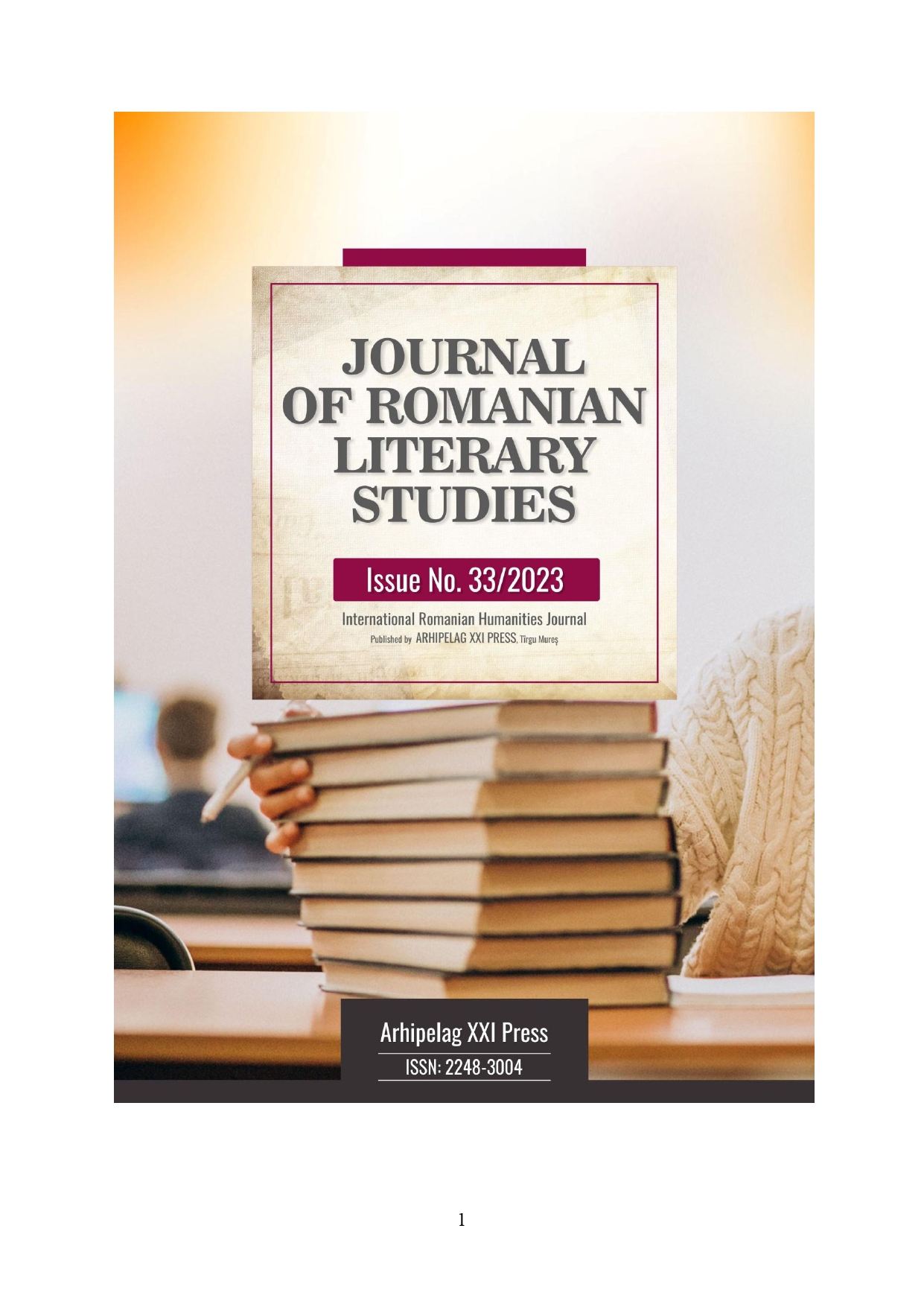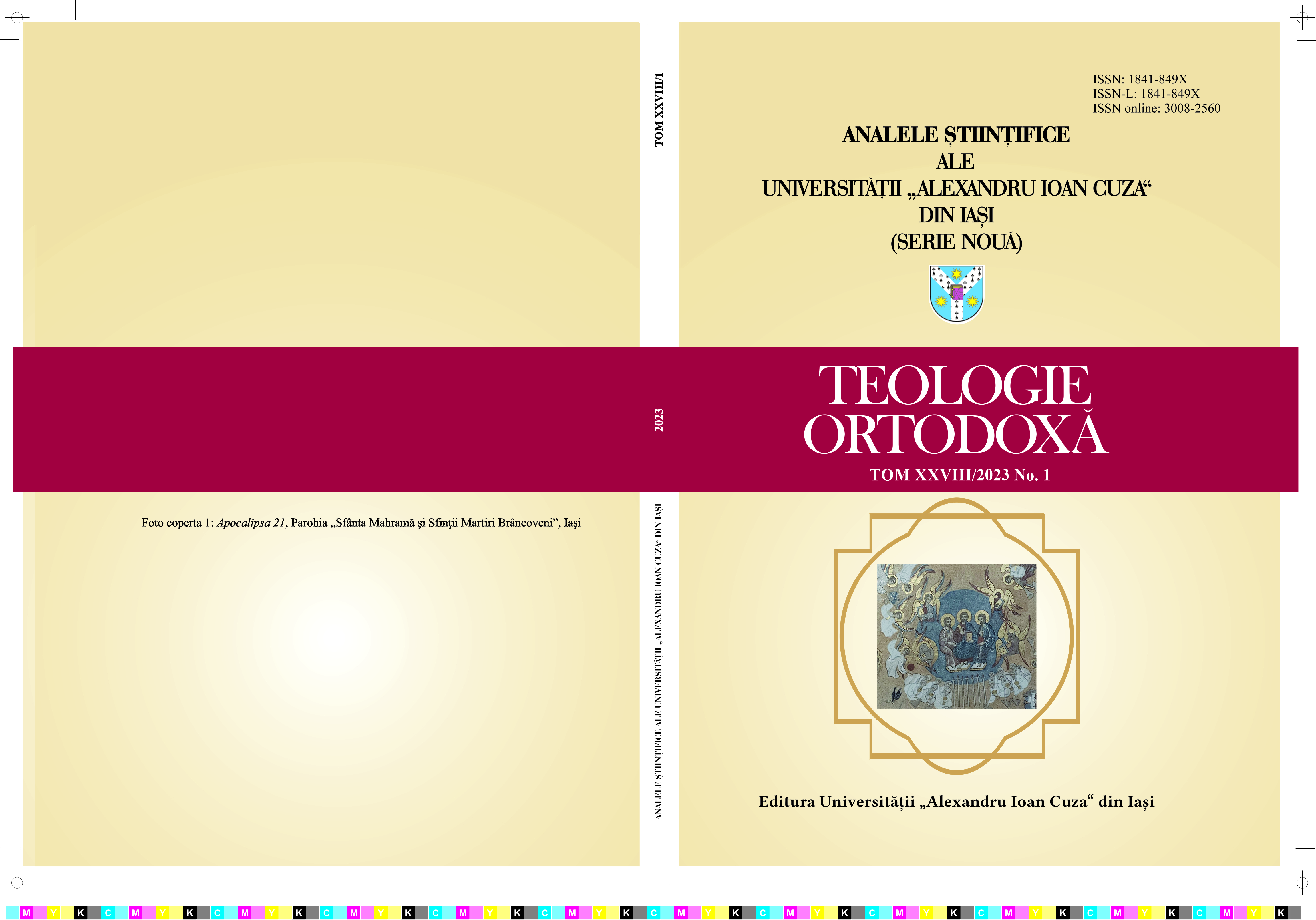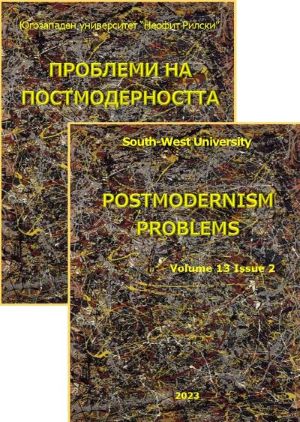
CHRISTIAN PRINCIPLES IN THE PEDAGOGY OF SIMION MEHEDINȚI
CHRISTIAN PRINCIPLES IN THE PEDAGOGY OF SIMION MEHEDINȚI
Keywords: education; youth formation; Christian pedagogy; Simeon Mehedinți; educator's duties;
The Holy Fathers, desiring that young people enjoy a joyful life on this earth, but also be heirs of the Kingdom of Heaven, paid particular attention to their formation. Through their writings dedicated to young people, the Holy Fathers have shown that they are called to follow the life of Christ, the greatest Teacher of all time, and that an education which helps the young person to live here beautifully but also to acquire Eternity with God is a true art. St. John Chrysostom understood by the art of education that permanent concern for the salvation of the soul entrusted to him for formation, the purpose of education being the preparation for eternal life. The Holy Fathers emphasize that education must help the young person to know and cultivate in his life the Christian virtues, and this is greatly strengthened by the model provided by those who form the young person. The great Romanian teacher and scholar of the last century, Simion Mehedinți, born into a genuine Christian family and having relatives who were priests, understood the particularly important role that knowledge and living the faith plays in the full formation of the young person. Through his writings, conferences and all his teaching activity, Mehedinți worked for the moral edification of young people, being fully convinced that the foundation of the young person's formation must be the Holy Gospel which "like a spring of clean water, which quenches thirst, is a fountain of wisdom for young and old, for the learned as well as the unlearned, for the rich as well as the poor .... and he who hears her words and weighs them carefully cannot fail to become wiser, better and happier". This study aims to present some of the Christian principles on the formation of young people drawn from the works of Simion Mehedinți and to answer questions such as: What is the role of the family in the formation of young people? What are the duties of a true educator? What Christian principles are found in Simion Mehedinți's work?
More...

